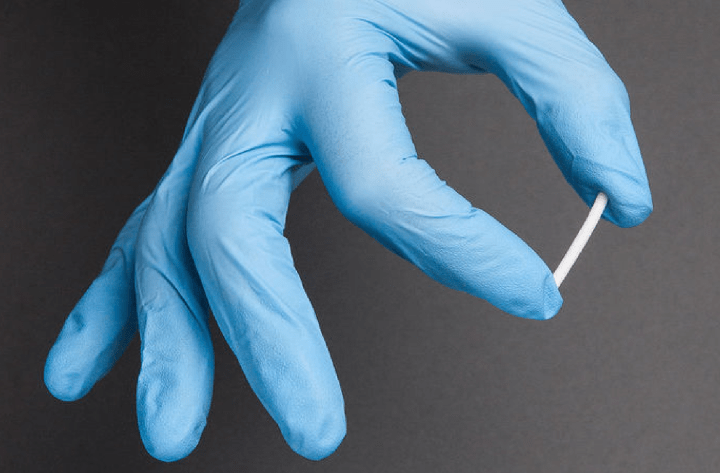
While Probuphine as a drug isn’t entirely novel, this new delivery medium is the first of its kind for opioid addiction. Previously, the medication was approved only for use in its pill form, but as of Friday, all that has changed. The implant method consists of four, inch-long rods inserted under the skin of the arm, and would provide treatment for six months. And because patients don’t have to remember to take this medication or worry about losing it, the implants may prove a more reliable potential solution to addiction.
“Scientific evidence suggests that maintenance treatment with these medications in the context of behavioral treatment and recovery support are more effective in the treatment of opioid use disorder than short-term detoxification programs aimed at abstinence,” said Nora Volkow from the National Institutes of Health. “This product will expand the treatment alternatives available to people suffering from an opioid-use disorder.”
Still, the FDA notes, the drug alone is insufficient to fully address the problem. According to the FDA’s announcement, Probuphine should be used in tandem with counseling and psychosocial support. The administration is also still looking into multiple treatments with the implants (currently, only one additional course has been approved for use in the opposite arm after the first six-month period).
“Opioid abuse and addiction have taken a devastating toll on American families. We must do everything we can to make new, innovative treatment options available that can help patients regain control over their lives,” said FDA Commissioner Robert M. Califf, M.D. “Today’s approval provides the first-ever implantable option to support patients’ efforts to maintain treatment as part of their overall recovery program.”
Editors' Recommendations
- HMD Global shows its serious about U.S. expansion with 5 new Nokia phones
- Huawei’s new plan may help it circumvent U.S. sanctions
- Motorola’s new Moto Edge coming to the U.S. in September
- Jaybird’s new Vista 2 wireless earbuds are tough enough for the U.S. military
- TCL’s new 5G phones are the most affordable yet, but U.S. buyers have to wait


